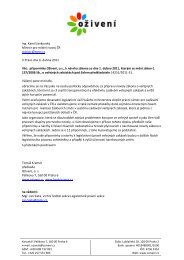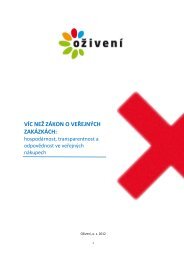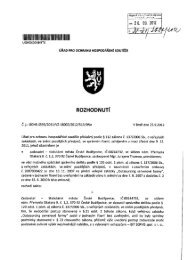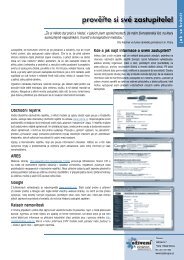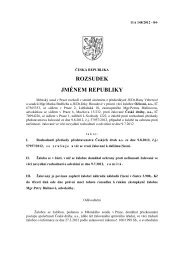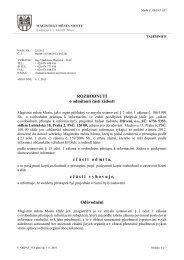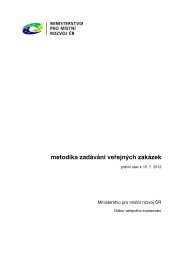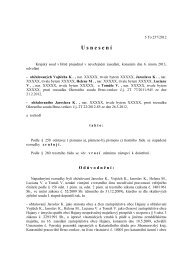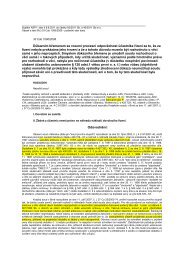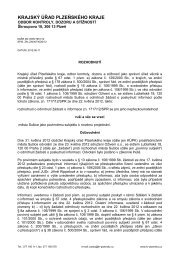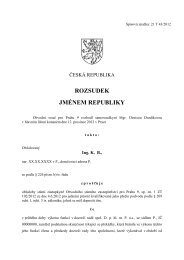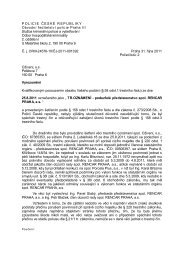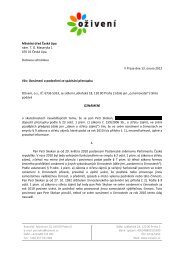Managing Conflict of Interest - Organisation for Economic Co ...
Managing Conflict of Interest - Organisation for Economic Co ...
Managing Conflict of Interest - Organisation for Economic Co ...
Create successful ePaper yourself
Turn your PDF publications into a flip-book with our unique Google optimized e-Paper software.
Implementation and En<strong>for</strong>cement Tools 135campaign contributors in Washington—an astounding fact when youconsider that Micros<strong>of</strong>t is a relatively new player on the political scene.Be<strong>for</strong>e 1998, the company and its employees gave virtually nothingin terms <strong>of</strong> political contributions. However, when the Department <strong>of</strong>Justice launched an antitrust investigation into the company’s marketing<strong>of</strong> its popular Windows s<strong>of</strong>tware, things changed. The companyopened a Washington-based lobbying <strong>of</strong>fice, established a politicalaction committee, and soon became one <strong>of</strong> the most generous politicalcontributors in the country. The move eventually galvanized anentire industry, as computer and Internet companies quickly movedto emulate Micros<strong>of</strong>t’s political savvy.However, <strong>Co</strong>ngress has recently approved ethics and lobbyingre<strong>for</strong>m legislation to increase disclosure and significantly curb specialinterests’ lobbying activities, especially gifts, organized charityevents, and recreational travel. The new legislation requires federallobbyists to disclose political contributions and public <strong>of</strong>ficialsto declare earmarking during the appropriations process. Thesere<strong>for</strong>ms also prohibit public <strong>of</strong>ficials from accepting free admissionat events held by charities that retain lobbyists and requires thateligible charities—not individuals or other organizations—providereimbursement <strong>for</strong> transportation and lodging.<strong>Co</strong>nclusions: Democracy or “Dollarocracy”?The data suggest that there is a more than casual link betweencampaign dollars and public <strong>of</strong>ficials’ voting records. Special- interestgroups monitor voting records and make contributions accordingly,and public <strong>of</strong>ficials court special interests to remain in <strong>of</strong>fice. In short,money follows power, and power can be sustained only by moremoney. It is a vicious circle. Such institutional corruption can be moredangerous than individual corruption—even when no laws are broken.While transparency is absolutely essential and recent legislativere<strong>for</strong>ms indicate progress, significant change in election financingand the business <strong>of</strong> policy making and appropriations is still required.Independent government agencies are needed to monitor electionsand en<strong>for</strong>ce the laws. Civil society and nongovernment organizationsare needed to analyze contribution data and political voting recordsand appropriations. And a vigilant free press is critical to deliver thefacts—and their implications—to the public. If any <strong>of</strong> those ingredientsare lacking, you may not have the democracy you think you do.ADB/OECD Anti-<strong>Co</strong>rruption Initiative <strong>for</strong> Asia and the Pacific



